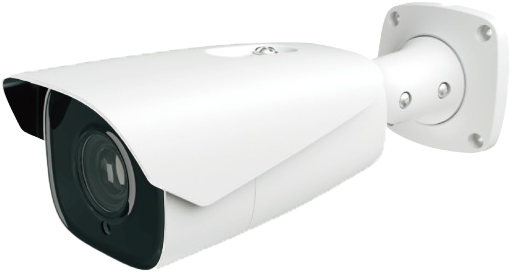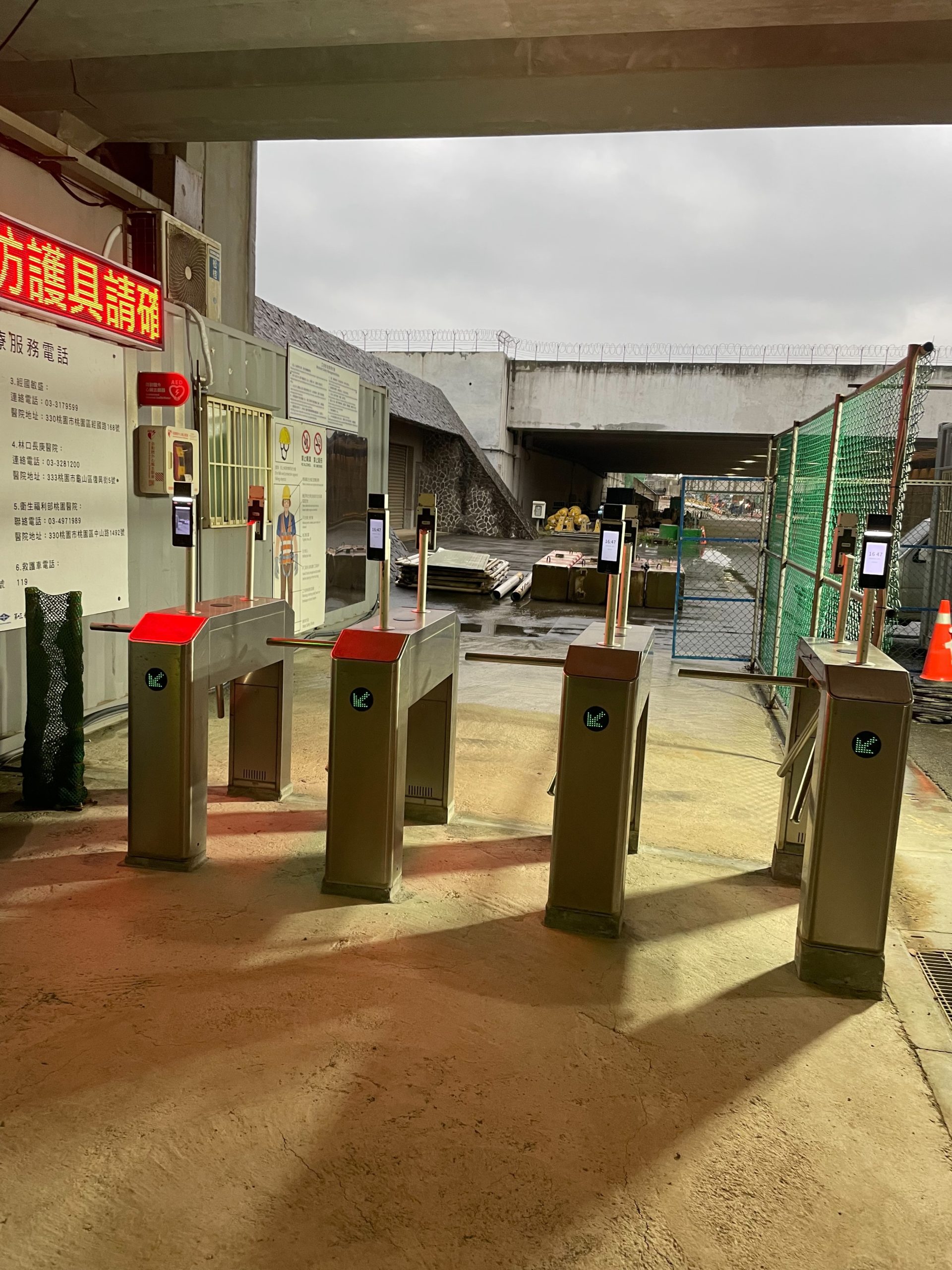
High-Efficiency License Plate Recognition (LPR) System for Business, Building, and Apartment Access Control
In modern parking facilities, License Plate Recognition (LPR) technology has become a key component in achieving automated management. LPR systems not only improve the operational efficiency of parking lots but also enhance overall security, providing a more convenient experience for vehicle owners. This technology relies on high-resolution cameras to capture vehicle license plate numbers, using image processing and data matching to automatically manage vehicle access. This eliminates the need for manual operations, significantly reducing errors and increasing overall efficiency. Below are the primary advantages and applications of LPR technology in automated parking systems.
I. Key Advantages of LPR (License Plate Recognition) Technology
1. Enhancing Entry and Exit Efficiency
One of the major benefits of LPR technology is the significant improvement it brings to the efficiency of vehicle entry and exit. In traditional parking systems, drivers often need to stop to collect a ticket, swipe a card, or enter a password for authentication, a process that can be time-consuming and lead to queues during peak hours. With LPR technology, the system automatically identifies the vehicle’s license plate and compares it to the database to confirm access. The entire process requires no manual intervention from the driver, greatly reducing wait times at the entry and exit points.
For high-traffic areas such as shopping malls, office buildings, or transportation hubs, LPR systems are particularly effective in preventing congestion at entry and exit points. During peak hours, the LPR system can quickly recognize and permit vehicles, ensuring smooth traffic flow and avoiding long queues.
2. Enhancing Security
LPR technology also significantly boosts security in parking facilities. By comparing vehicle license plates with registered data in real-time, the system can effectively filter authorized from unauthorized vehicles. This not only secures the vehicles within the parking lot but also prevents unauthorized access to restricted areas.
Additionally, LPR systems log the entry and exit times of all vehicles, allowing for easy tracking and record-keeping. In case of theft or other incidents, management can quickly retrieve relevant LPR records to assist in investigations, greatly improving security management efficiency.
3. Reducing Labor Costs
Traditional parking management often relies heavily on manual operations such as ticket collection, fee processing, and vehicle monitoring. These processes require significant manpower and are prone to errors. LPR systems reduce the need for manual monitoring and operation, cutting labor costs and minimizing the risk of human error. Automated systems can operate 24/7 without intervention, which is crucial for large or constantly operational parking facilities.
Moreover, LPR systems can integrate with parking payment systems to automate the fee collection process. The system calculates fees based on entry and exit times, allowing for seamless payment via various methods (credit card, mobile payment, etc.). This eliminates the need for manual fee collection and minimizes issues like change shortages or lost tickets, further improving operational efficiency.
4. Providing a Better User Experience
For vehicle owners, LPR technology significantly enhances the convenience of parking. Traditional systems require ticket collection or manual input for entry, but with LPR, drivers can simply approach the parking entrance, and the system will automatically recognize the license plate and permit entry. This seamless experience saves time and eliminates the need for manual operations.
For frequent users of a particular parking facility, the LPR system can automatically store and manage vehicle information, reducing the need for repetitive input or verification. This automation is particularly beneficial for business professionals or residents who need frequent access, offering them a more efficient and convenient parking service.
II. Applications of License Plate Recognition Technology
1. Commercial Parking Lots
In large shopping malls or commercial centers, LPR systems can significantly increase the efficiency of vehicle movement, especially during promotional events or holiday periods. By alleviating entry and exit bottlenecks, LPR systems ensure smooth traffic flow. Additionally, the technology can be integrated with membership programs to provide exclusive parking benefits or fast-track access for VIP customers, enhancing the overall shopping experience.
2. Residential and Office Parking Lots
In residential complexes and office buildings, LPR systems can manage the access of residents, employees, and visitors. The system can automatically log the entry and exit times of vehicles, giving property managers an easy way to monitor parking usage and ensure that spaces are allocated properly. Additionally, LPR technology can prevent unauthorized vehicles from occupying reserved spaces, protecting the parking rights of residents and employees.
3. Airports and Transportation Hubs
Airports and train stations face high vehicle turnover, making efficient parking management a challenge. LPR systems automatically identify and allow vehicles to pass, reducing congestion. These systems can also integrate with flight information to adjust parking fees based on travelers’ schedules, providing a more personalized and efficient parking service.
4. Public Parking Facilities
In city-operated public parking lots, LPR systems can greatly enhance the level of automation. Connected to municipal systems, these public parking lots can offer real-time updates on parking availability and automate the allocation of spaces. This reduces the time spent by drivers searching for parking, improving the overall efficiency of city parking.
III. Conclusion
LPR technology has become an essential component in modern parking management systems. By improving entry and exit efficiency, enhancing security, reducing labor costs, and providing a better user experience, LPR systems are steadily replacing traditional parking management methods. As the technology continues to develop and expand, LPR systems will play an even more significant role in the future of parking management.



